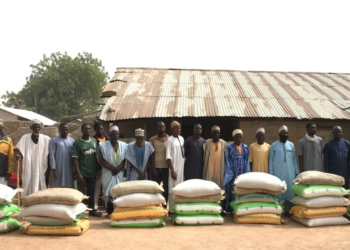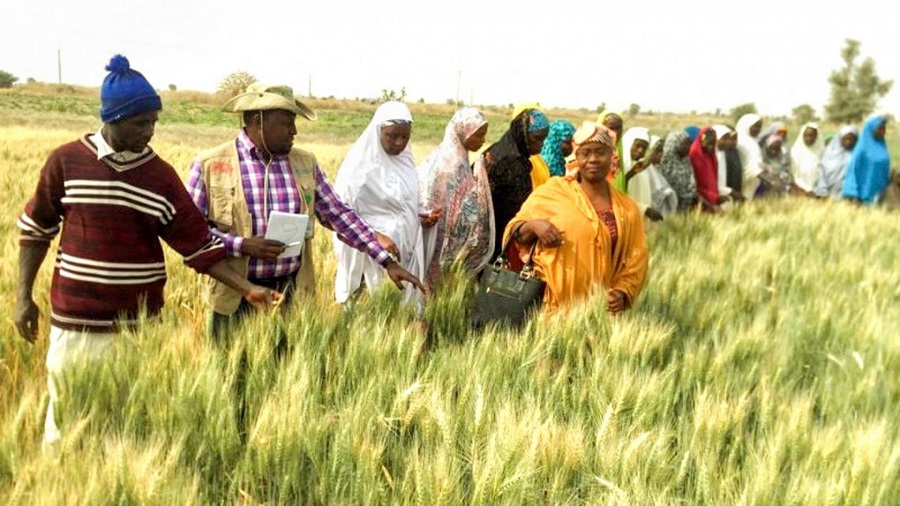As part of efforts to drastically reduce wheat importation into Africa’s largest market (Nigeria), wheat farmers in the country have begun to plant new and improved varieties of the crop which are expected to increase yields.
According to the President of the Wheat Farmers Association of Nigeria, Salim Mohammed, examples of the new varieties that are being cultivated are Reyna-28 and Norman Borlaug.
Developed by the Lake Chad Research Institute, the new strains are said to yield more than 3 metric tonnes per hectare. This is much more than the 1 tonne per hectare that is currently harvested from the typical wheat crop in Nigeria.
He further stated that so far “we have cultivated over 300,000 hectares and we hope that soon we can produce more than one million tons a year”.
Why is this important?
Asides being a staple crop consumed in many Nigerian homes, wheat also serves as raw material for Nigeria’s top brewers such as Guinness. In the same vein, it is the base raw material for some of Nigeria’s FMCG companies such as Dangote Flour Mills and Flour Mills.
Because of Nigeria’s high demand for wheat, an average of $4 billion is spent importing the crop per annum, said Mohammed.
Nigeria can accomplish this feat…
In view of this development, it is safe to assume that Nigeria is on the right course to achieving wheat-sufficiency. This will be similar to the impressive accomplishment recorded in the area of rice importation; which has drastically reduced in recent times.
Nigeria’s Northern region already has the conducive conditions needed for the cultivation of the crop. Now, with the introduction of the improved varieties which can grow in different climatic conditions, Nigeria’s wheat yields will most definitely record improved yields, reduce importation costs and most importantly, increase the earning powers of many of the country’s wheat farmers.






















